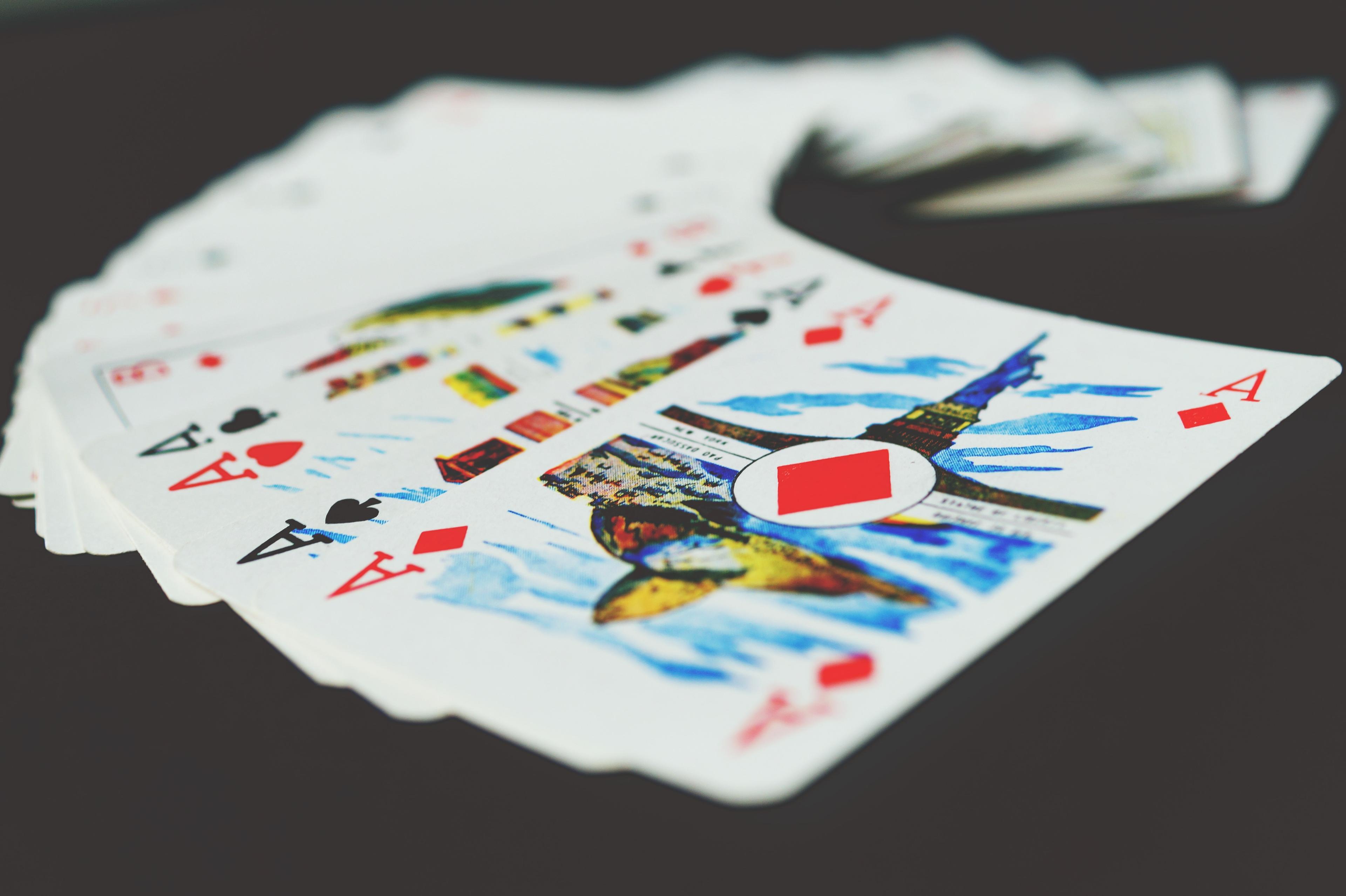


5 Life Skills that Playing Cards Teaches Children
24 September 2023
If you're thinking of introducing card games to your children, then you’re on the right track to teach them some essential life skills. That’s right, one deck of cards and a family of keen players is enough to develop skills that will help them in the real world. The best part is, when you play at home, as a family, you can ensure you’re supporting their development the best way you know how, in a safe space. Here are 5 life skills that playing cards teaches children.
Counting
Card games are great for children to embed maths skills they may have learned at school, particularly counting. From a young age, children can begin to deal cards to each player, counting them as counting. Card games require accuracy, and counting cards wrong could put others at an unfair advantage. Card games support maths, such as sharing, addition, and subtraction.
Analysis
Almost all aspects of card games require analysis. From the moment your child picks up their hand, they need to look and see what they’ve got and what they can do with their cards. They then need to think carefully about each move. To further develop your child’s analysis skills, you can discuss the game and consider whether actions worked to their advantage or disadvantage and why.
Social Development
Although there are card games you can play independently, most require you to play against one or more other players making it very social. Not only is it fun being with others and playing against each other, but you need to communicate effectively, keep your emotions in check and try to read other people's body language. If you play often enough, your children will grasp these skills quickly and use them to their advantage when playing.
Emotional Intelligence
Knowing how to deal with emotions is crucial as they progress through school into adulthood, and as mentioned above, keeping a hold on your emotions is very important, but it can be tough. However, playing cards and other games are a great way to learn about them and how best to keep them in check. Many emotions, such as excitement, joy, frustration and disappointment, can come from playing card games, but these are feelings they will experience almost daily. Card games are perfect for developing your child’s emotional intelligence to help them understand what they are feeling, why they are feeling it and acceptable ways to show it.
Cognitive Development
Cognitive development is all about how a child thinks, and how they think depends on the quantity and quality of opportunities they experience growing up. Card games are a simple, inexpensive way to develop their cognitive abilities and give them brain power they can use in all areas of life. Being able to think laterally and strategically and solve problems will put them in excellent stead at school and could influence their prospects as they look to find a career.
